Tips to Implement SPC Program in a Manufacturing Firm
SPC, or statistical process control, is a quality management procedure based on statistical methods that typically apply in a manufacturing environment. SPC helps monitor the manufacturing function by controlling and mapping processes based on randomly selected sample measurements. The most important objective of spc software for manufacturing is to ensure that the expected process performance is achieved and that customer requirement is met. To achieve such process control, this post showcases the ideal steps of implementing SPC in a manufacturing firm.
Bring Awareness
 If you have decided to implement SPC, awareness should be the first step. Make sure your employees know the basics of SPC and how to apply it on their own. This step explains why SPC leads from detection to prevention.
If you have decided to implement SPC, awareness should be the first step. Make sure your employees know the basics of SPC and how to apply it on their own. This step explains why SPC leads from detection to prevention.
Everyone needs to realize that SPC is a whole new way of doing things, delegating tasks and responsibilities to the lowest level of your organization. Operators, in particular, are more concerned with and have greater responsibility for the operation of production processes. Your management should form a steering committee to create an SPC implementation plan.
Execute a Training
To maintain a successful SPC program, you must initiate and maintain a comprehensive training plan. You can conduct in-house training or bring in a professional from a consulting firm. For the engineers, the training must cover the basic statistical concepts of SPC. Operators should understand the importance of their role in the process and will need to train on proper calculations and plotting since this is their core SPC function. You may conduct in-house training or get a professional from a consulting company.
Implement Integral SPC
Your steering committee will oversee the implementation of SPC activities on the production line. Practitioners will identify weak processes and bring them to the attention of management. This will be achieved through spot checks, where you will take some items from the production line for testing and inspection. During the tests and inspections, you will measure their characteristics and display control charts. From these measurements, you generate statistical indicators that are used to assess the current state of the production process. Use the clues from the charts to make decisions about what needs to be improved, possible tactics to generate findings, and next steps.
Set the Stage for TQM
 By the time your manufacturing process is under control, the operators and staff involved should be on the lookout for process deviations to ensure continuous improvement.
By the time your manufacturing process is under control, the operators and staff involved should be on the lookout for process deviations to ensure continuous improvement.
At this stage, you should extend the SPC approach to non-production segments of the company, such as purchasing, to ensure complete control. Also, errors in incoming materials, resources, and machinery can be avoided by multiplying SPC across suppliers. When SPC is integrated into most aspects of your business and includes both customers and suppliers, the plan is the result of TQM or total quality management.…

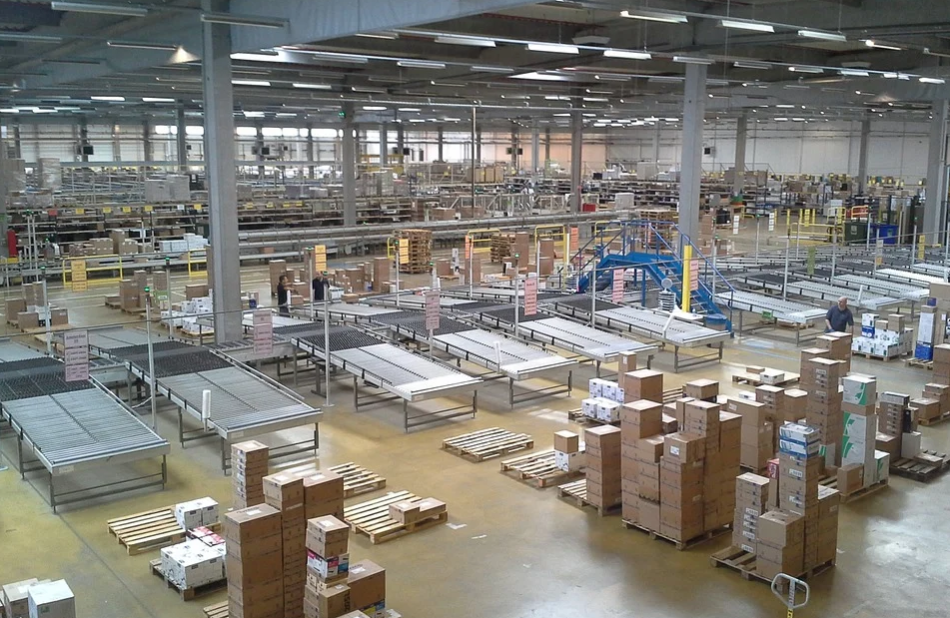



 Let’s take a look at debts and obligations. In case you have a mortgage on your home, then going to your lender is the best option. In case you have financing and you are worried about not being able to make the payments, contact your lender and ask if there are ways to re-evaluate or temporarily reduce your loan obligations. However, refinancing your home mortgage can also help you
Let’s take a look at debts and obligations. In case you have a mortgage on your home, then going to your lender is the best option. In case you have financing and you are worried about not being able to make the payments, contact your lender and ask if there are ways to re-evaluate or temporarily reduce your loan obligations. However, refinancing your home mortgage can also help you 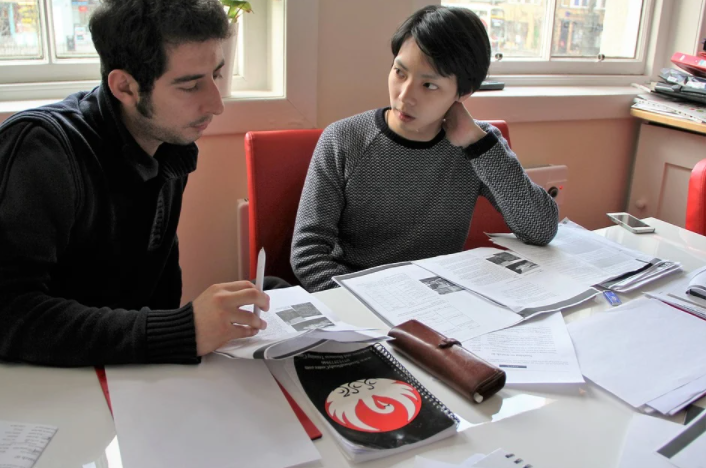
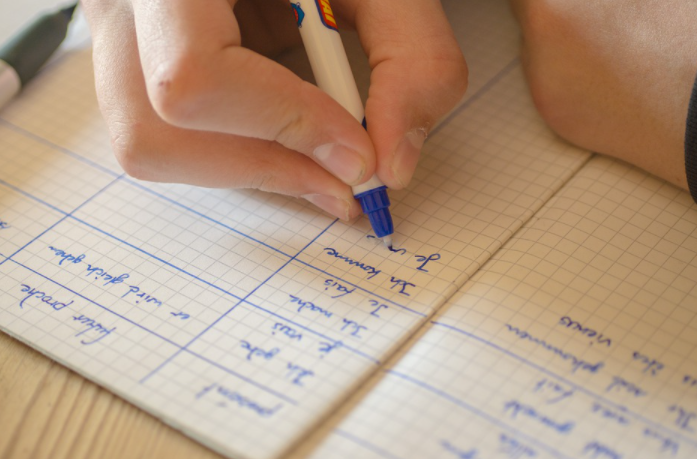
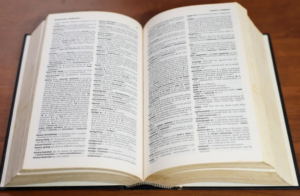 After talking about the modern way to expand your
After talking about the modern way to expand your 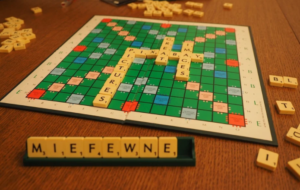 This is one of the best names for terms. I don’t do it as long because I never remember the words I know when I touch them. You have to form sentences according to the letters you have in your possession and form from them on the board. If you want to play this game on a tournament level, the phrases you use should be in the official Scrabble dictionary, but if you play it for fun, try new words that both you and your spouse can agree on.
This is one of the best names for terms. I don’t do it as long because I never remember the words I know when I touch them. You have to form sentences according to the letters you have in your possession and form from them on the board. If you want to play this game on a tournament level, the phrases you use should be in the official Scrabble dictionary, but if you play it for fun, try new words that both you and your spouse can agree on.
 The promotion also assists in increasing traffic. The more you market your brand, the greater the clients will know about you and your organization and the longer they are interested in your goods. Promotion can be carried out even by providing free samples that work wonders for clients! They try your interests and finally, come to you and also make purchases.
The promotion also assists in increasing traffic. The more you market your brand, the greater the clients will know about you and your organization and the longer they are interested in your goods. Promotion can be carried out even by providing free samples that work wonders for clients! They try your interests and finally, come to you and also make purchases. In case your promotional and advertising strategy is loosely structured. It may not be prosperous in targeting the “appropriate” crowds or customers. Possessing a full-proof and well-thought-out promotional plan and marketing program can help you identify various sections of customers in the sector and provide appropriate solutions for your clientele. Different promotional approaches may promote and advertise your company based on your business’s aims, goals, and priorities. Without marketing promotions, your service or brand wouldn’t be in a position to garner the interest of pre-occupied clients.
In case your promotional and advertising strategy is loosely structured. It may not be prosperous in targeting the “appropriate” crowds or customers. Possessing a full-proof and well-thought-out promotional plan and marketing program can help you identify various sections of customers in the sector and provide appropriate solutions for your clientele. Different promotional approaches may promote and advertise your company based on your business’s aims, goals, and priorities. Without marketing promotions, your service or brand wouldn’t be in a position to garner the interest of pre-occupied clients. Promotions assist in generating brand awareness. With the support of different media such as the tv, billboards, radio, or neighborhood paper information, it is possible to spread across advice about your brand and business, which helps individuals discover more about you and look into your goods and make purchases. Numerous media platforms may be employed to publicize your organization and brand.
Promotions assist in generating brand awareness. With the support of different media such as the tv, billboards, radio, or neighborhood paper information, it is possible to spread across advice about your brand and business, which helps individuals discover more about you and look into your goods and make purchases. Numerous media platforms may be employed to publicize your organization and brand.
 Another half of the equation is that the technologies used to create, distribute, and promote mobile applications’ development. In this vibrant vertical, the technology must be tested and proven. Such as Cydia App to jailbreak for your iPhone, which allowed you to install the various games and the other application. Therefore unlike website creation, mobile application technology must simultaneously speak multiple wire formats and operate on four unique platforms. Compare this with progress on the international web, where there is only one universal language at some point.
Another half of the equation is that the technologies used to create, distribute, and promote mobile applications’ development. In this vibrant vertical, the technology must be tested and proven. Such as Cydia App to jailbreak for your iPhone, which allowed you to install the various games and the other application. Therefore unlike website creation, mobile application technology must simultaneously speak multiple wire formats and operate on four unique platforms. Compare this with progress on the international web, where there is only one universal language at some point. Another important component is that technology must have the ability to evolve as new features and functionality are constantly being developed. In addition, there is an imminent demand for testing because every 90 days, there is an important change of hardware or operating system in the smartphone and tablet market.
Another important component is that technology must have the ability to evolve as new features and functionality are constantly being developed. In addition, there is an imminent demand for testing because every 90 days, there is an important change of hardware or operating system in the smartphone and tablet market.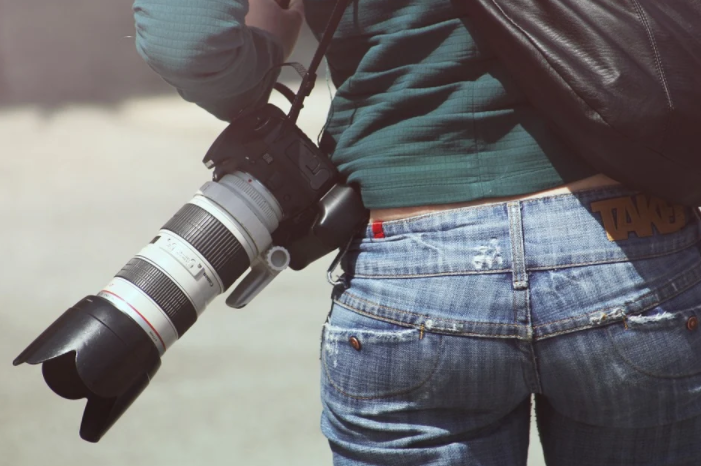
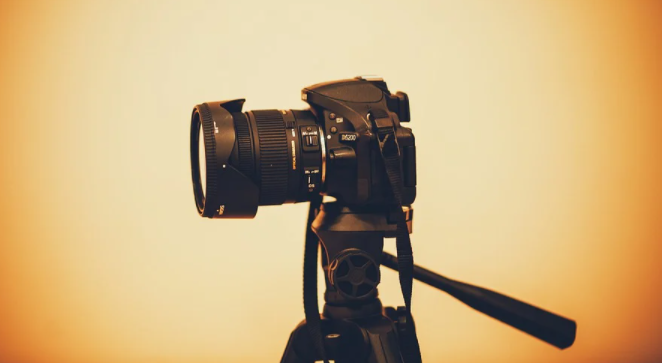
 From the first additions you want to make to your range of concert photography lenses, an ultra-wide lens is the best option here. Many photographers prefer to choose them, as they are suitable for shots for the general public. These wide-angle shots show how large the website or series is, which is valuable to most customers. Sam, a professional concert photographer, has thought long and hard about a purchase. Although the effect it creates is limiting, I suspected it would be fascinating for certain events.
From the first additions you want to make to your range of concert photography lenses, an ultra-wide lens is the best option here. Many photographers prefer to choose them, as they are suitable for shots for the general public. These wide-angle shots show how large the website or series is, which is valuable to most customers. Sam, a professional concert photographer, has thought long and hard about a purchase. Although the effect it creates is limiting, I suspected it would be fascinating for certain events.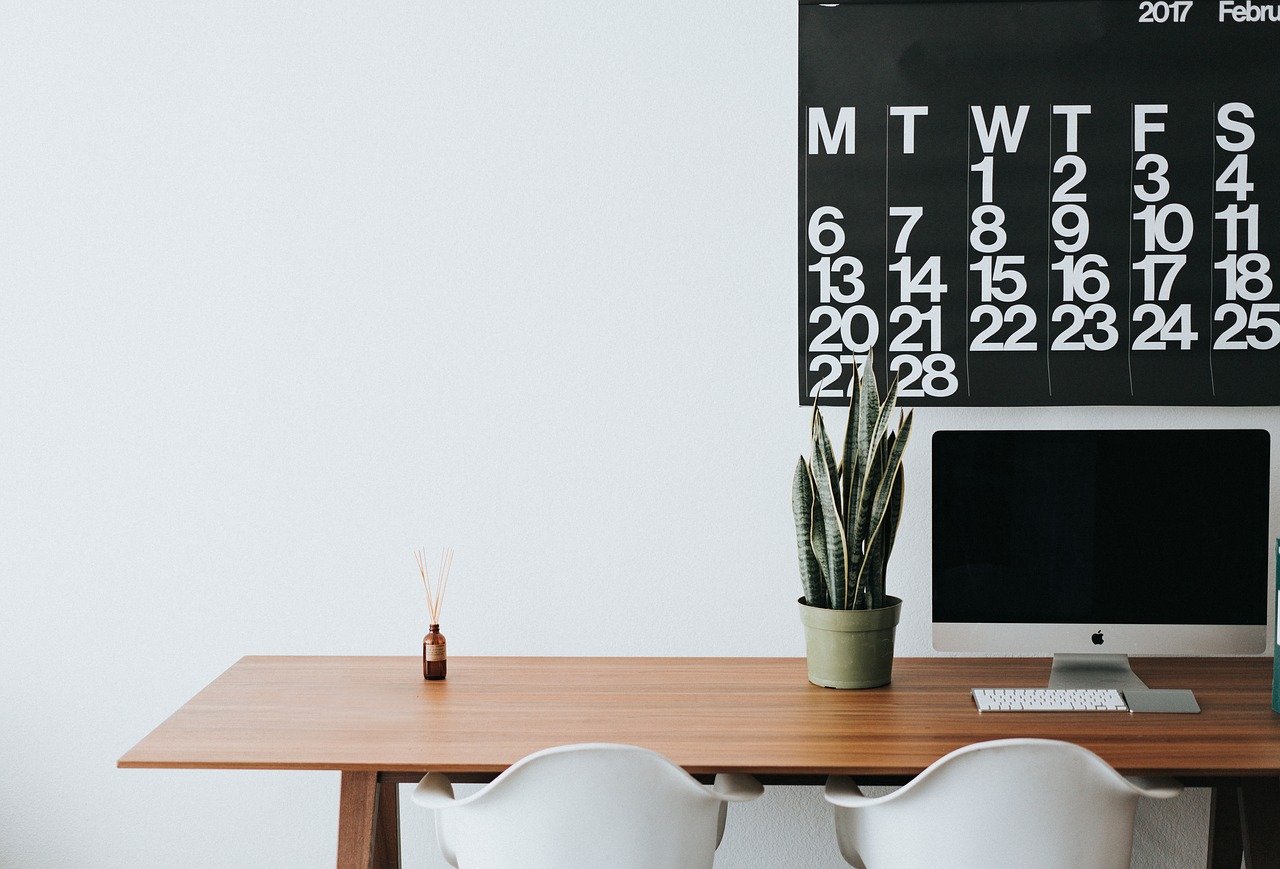
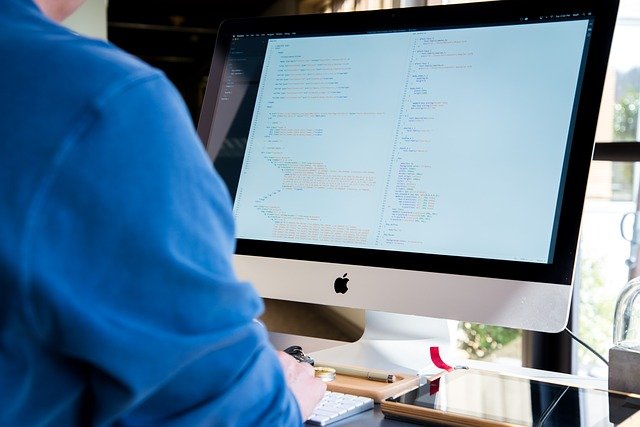
 If you plan to work primarily on your computer, a desk with a tiny surface is the best choice. On the contrary, if your work involves a fantastic amount of paperwork, documents, and books, then it might be in your interest to get a more massive desk. Today’s workers need a desk to easily connect their cell phone, laptop, computer, and desktop. You want a desk where you can connect all your devices in one place. That means using a cable connection is a must for the office. It makes it much easier to tidy up your desk, and you don’t need to untangle the ropes. Among the best options to choose from are the Sauder 417586 Harbor View Corner Computer Desk, WE Furniture 3 Piece Soreno Silver With Smoke Glass Corner Desk, and Blythe x By HON BL Laminate Series Office Desk.…
If you plan to work primarily on your computer, a desk with a tiny surface is the best choice. On the contrary, if your work involves a fantastic amount of paperwork, documents, and books, then it might be in your interest to get a more massive desk. Today’s workers need a desk to easily connect their cell phone, laptop, computer, and desktop. You want a desk where you can connect all your devices in one place. That means using a cable connection is a must for the office. It makes it much easier to tidy up your desk, and you don’t need to untangle the ropes. Among the best options to choose from are the Sauder 417586 Harbor View Corner Computer Desk, WE Furniture 3 Piece Soreno Silver With Smoke Glass Corner Desk, and Blythe x By HON BL Laminate Series Office Desk.…
 As a result, you will require to do a lot of baking in your house, so why not flip it within something appealing to your kids too. You will earn it even further entertaining by appreciating the bakery. Preparing them engaged in carbonated, but not just are you going to help preserve them occupied but also have some assistance from the kitchen.
As a result, you will require to do a lot of baking in your house, so why not flip it within something appealing to your kids too. You will earn it even further entertaining by appreciating the bakery. Preparing them engaged in carbonated, but not just are you going to help preserve them occupied but also have some assistance from the kitchen.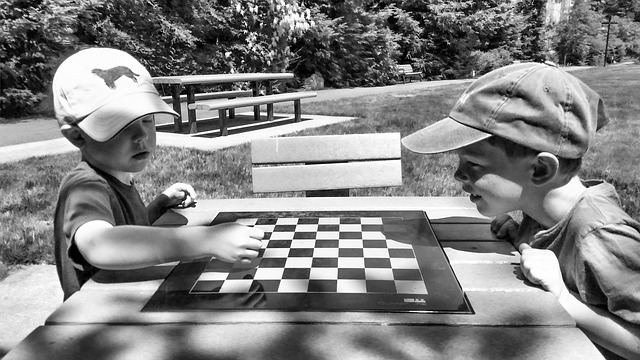
 You ought not to go outdoors to find a picnic place. You can generate a basket and go to a sunroom or patio to possess an excellent little picnic together with your kids. To make it more exciting, you could even ask your kids to prepare the basket with you. These movements endeavor to become your kids active and formulate an environment within your house where they can acquire in a fun way.
You ought not to go outdoors to find a picnic place. You can generate a basket and go to a sunroom or patio to possess an excellent little picnic together with your kids. To make it more exciting, you could even ask your kids to prepare the basket with you. These movements endeavor to become your kids active and formulate an environment within your house where they can acquire in a fun way.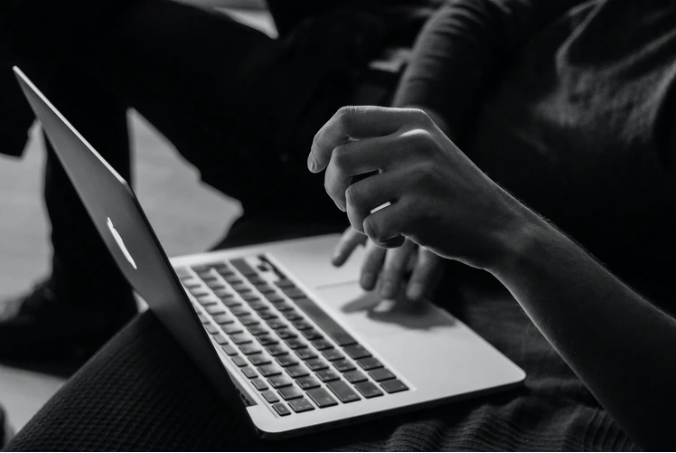
 In March of the current schedule year, web-based
In March of the current schedule year, web-based 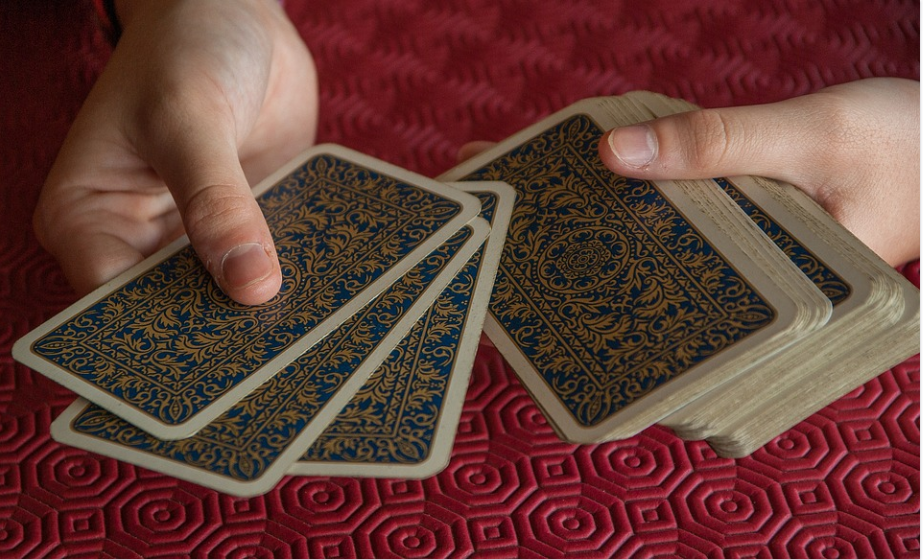
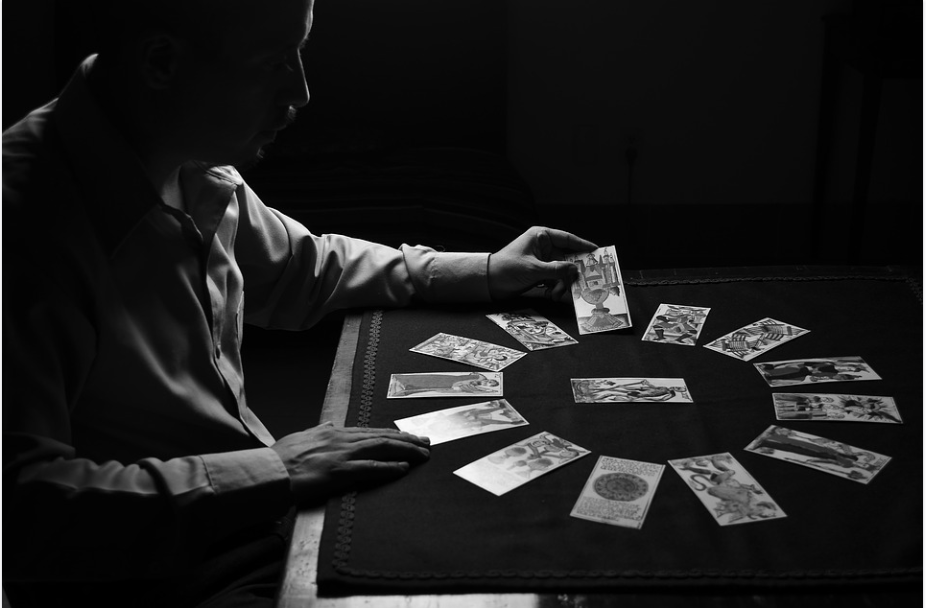
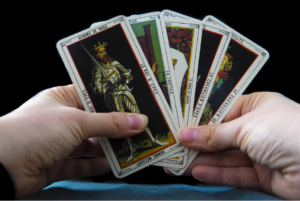 The simplest way to determine your tarot reading offer is to organize your readings according to the time invested, the number of cards to be used, and the number of questions to be asked. You might have different tasks for different topics, such as relationships or career direction readings. Or you can distribute additional lessons for a variety of executions or such problems as connection assessment or a profession. Perhaps, you may take into consideration that your business has a
The simplest way to determine your tarot reading offer is to organize your readings according to the time invested, the number of cards to be used, and the number of questions to be asked. You might have different tasks for different topics, such as relationships or career direction readings. Or you can distribute additional lessons for a variety of executions or such problems as connection assessment or a profession. Perhaps, you may take into consideration that your business has a 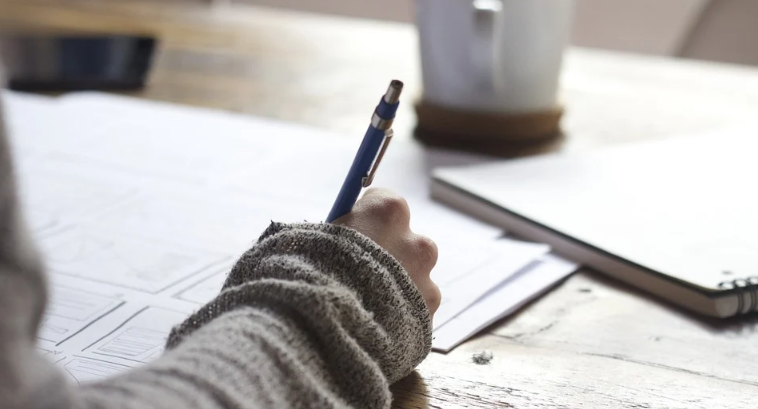
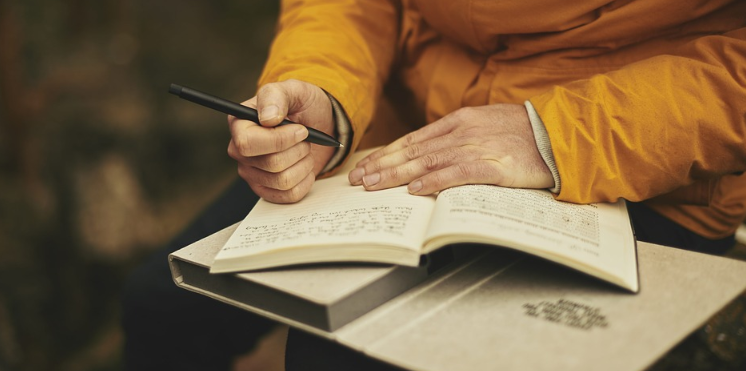

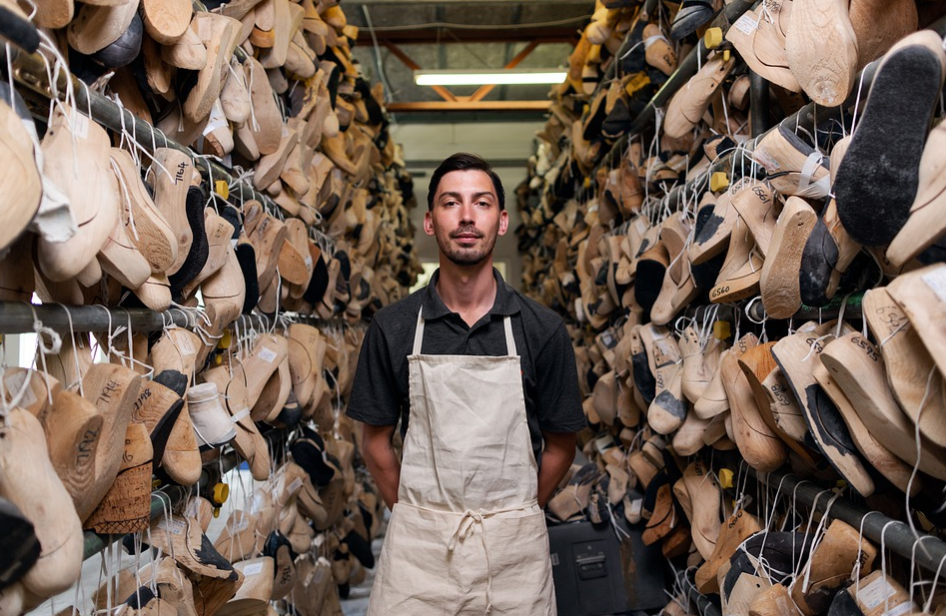
 Knowing the capacity and reliability of a supplier can be obtained from the production capacity, the pressure and level, the inventory, the warranty issue, the efficiency system, the buffer stock, how they maintain their insufficient stock, how long their lead time, and many others. Such variables should be confirmed to other customers to ensure their good record in handling your company request. Also, it is extremely important to note that the reliability of your suppliers’ insufficient stock has a direct impact on your organization’s visibility. Imagine if the quality keeps changing, your customers cannot recognize your brand and consider it as an unreliable business.
Knowing the capacity and reliability of a supplier can be obtained from the production capacity, the pressure and level, the inventory, the warranty issue, the efficiency system, the buffer stock, how they maintain their insufficient stock, how long their lead time, and many others. Such variables should be confirmed to other customers to ensure their good record in handling your company request. Also, it is extremely important to note that the reliability of your suppliers’ insufficient stock has a direct impact on your organization’s visibility. Imagine if the quality keeps changing, your customers cannot recognize your brand and consider it as an unreliable business.

 You need to think about an amount that you can really pay. Another mistake people make is to be employed in places where their objectives are challenged by the providers. Their possibilities are reduced that their creditworthiness could be affected.
You need to think about an amount that you can really pay. Another mistake people make is to be employed in places where their objectives are challenged by the providers. Their possibilities are reduced that their creditworthiness could be affected.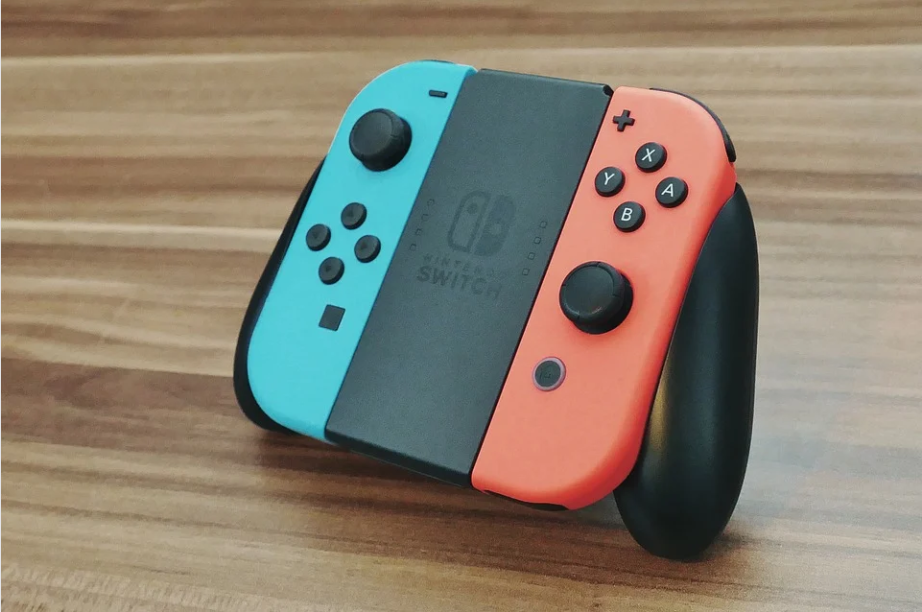


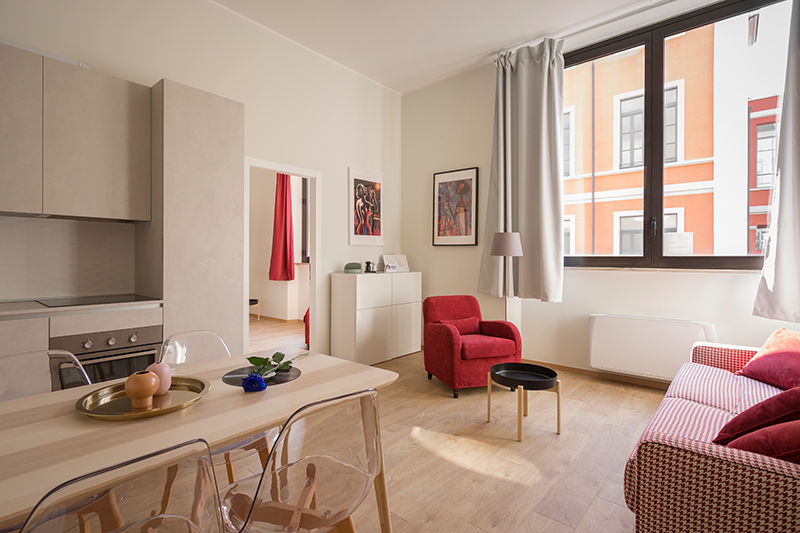

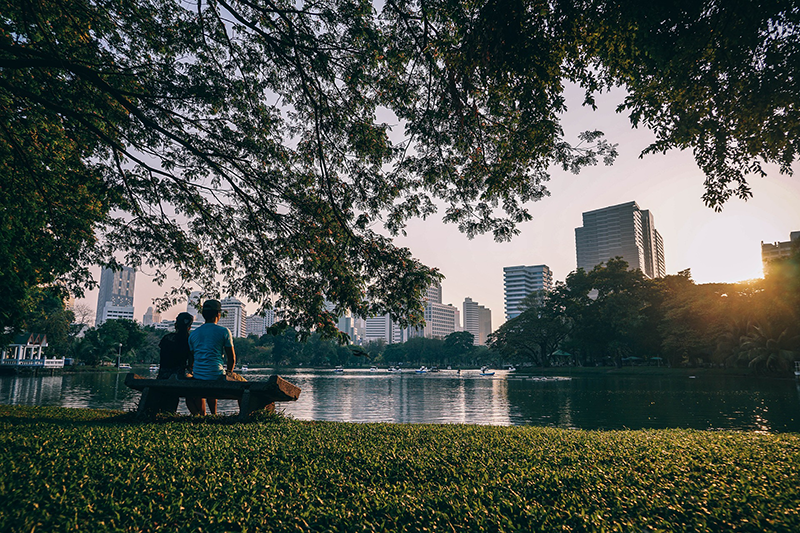
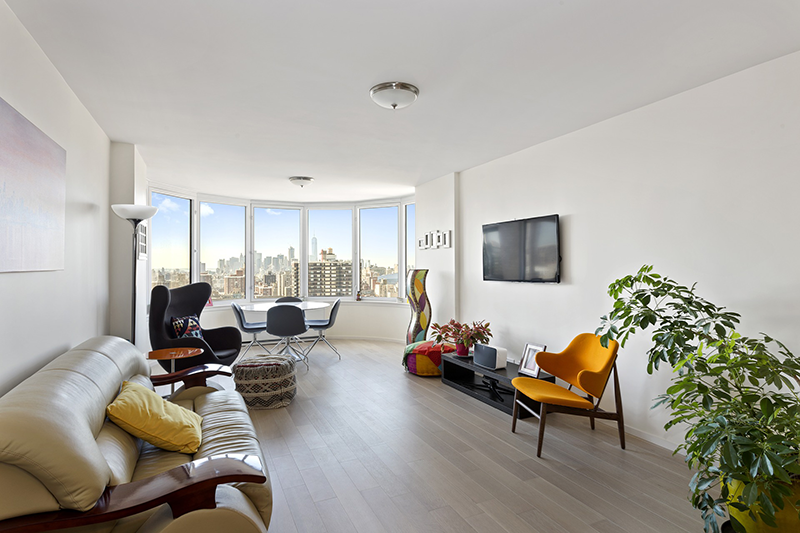

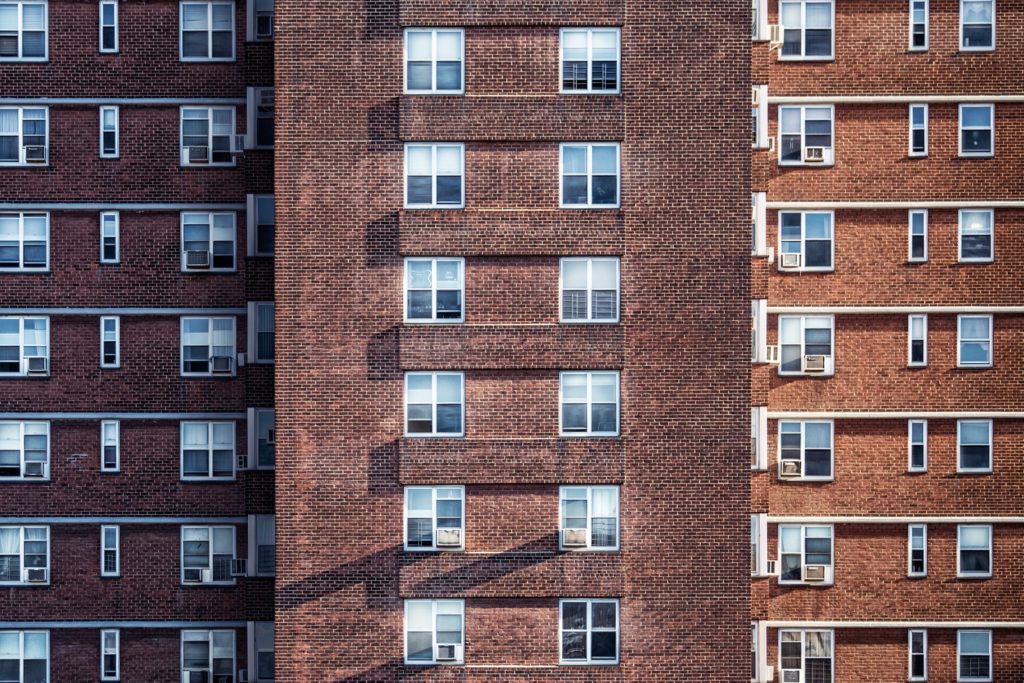

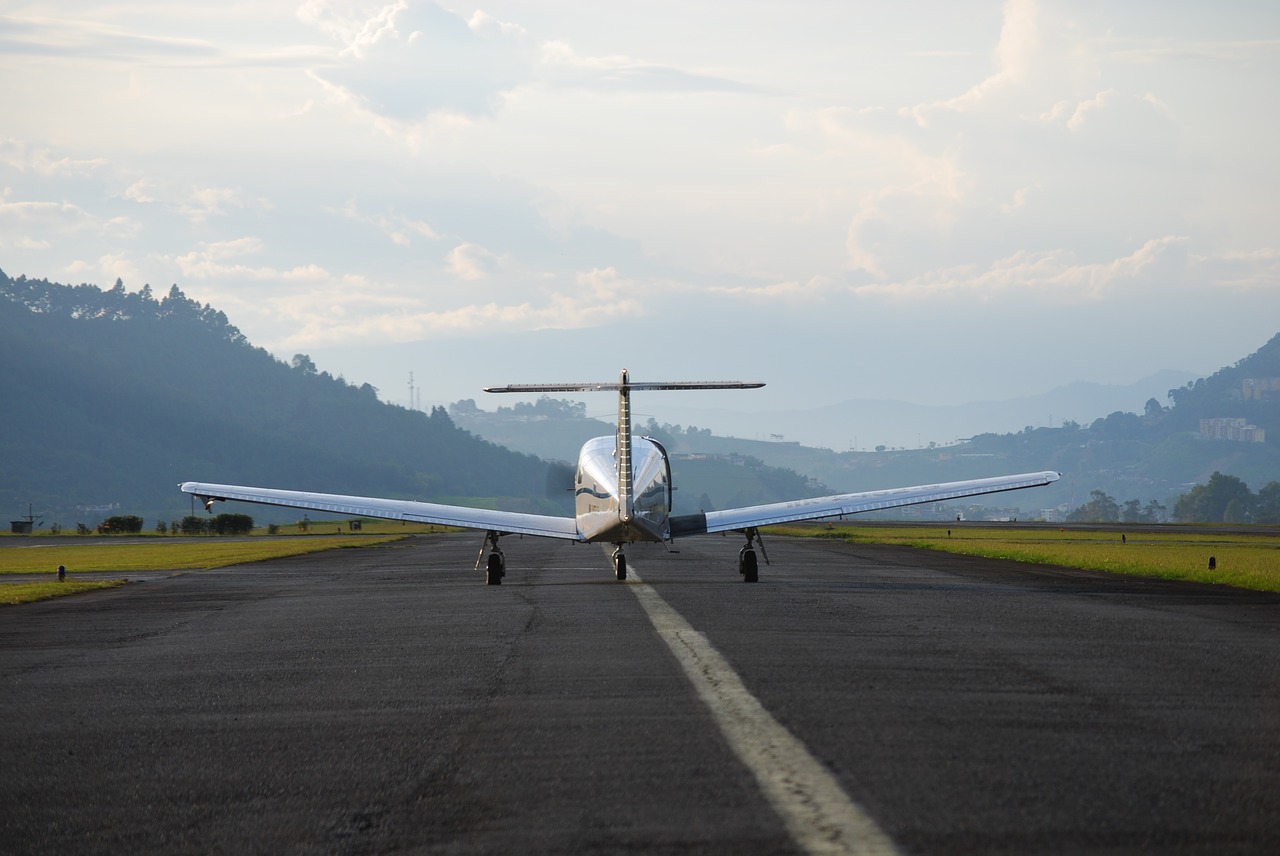
 When people think of Australia, their mind usually immediately went to Sydney or Melbourne because those two are well-known cities that is famous for the tourism. But if you are looking to experience the sun and the beaches, then you want to go to Perth instead. It has the best beaches that Australia has to offer, and from there you can also take a short boat ride to the Rottest island where you can meet the happiest animal on earth, Quokka. The city is as modern as the others, but you will find it less populated and more peaceful.
When people think of Australia, their mind usually immediately went to Sydney or Melbourne because those two are well-known cities that is famous for the tourism. But if you are looking to experience the sun and the beaches, then you want to go to Perth instead. It has the best beaches that Australia has to offer, and from there you can also take a short boat ride to the Rottest island where you can meet the happiest animal on earth, Quokka. The city is as modern as the others, but you will find it less populated and more peaceful. If the fjord is a strange word that you have not heard before, then you have been missing out an opportunity to put it on
If the fjord is a strange word that you have not heard before, then you have been missing out an opportunity to put it on 
 One thing that can bring everyone together as a team is a strong culture. There is almost nothing worse than an organization that has members with a strong ego and could not care less about helping the company to achieve the goal. Making a bunch of strangers into a unity is hard, but not impossible to do. Make sure that everyone has a right balance of being independent and being a great team member. Although culture can naturally happen, you can also shape the
One thing that can bring everyone together as a team is a strong culture. There is almost nothing worse than an organization that has members with a strong ego and could not care less about helping the company to achieve the goal. Making a bunch of strangers into a unity is hard, but not impossible to do. Make sure that everyone has a right balance of being independent and being a great team member. Although culture can naturally happen, you can also shape the